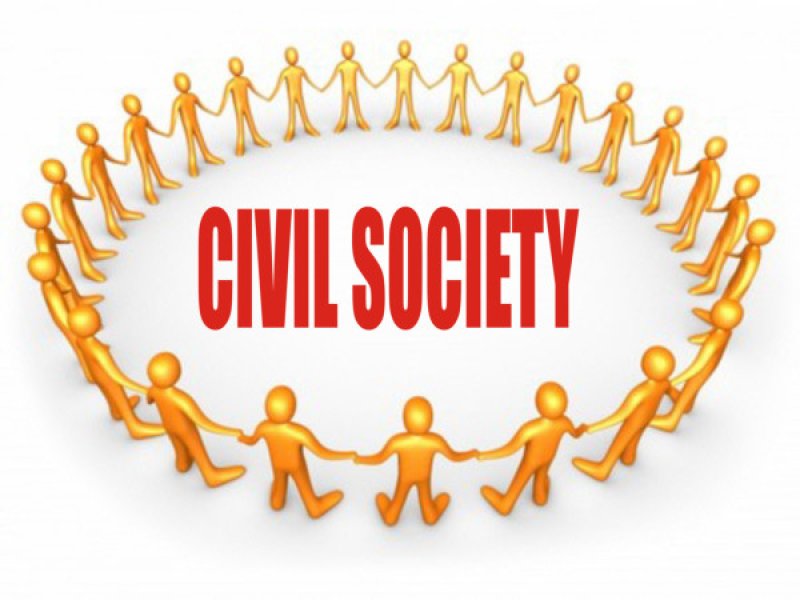
The organisations are the Federation of Youth Clubs (FYC), Institute of Leadership and Development (INSLA), and the Vision for Alternative Development (VALD).
Mr Adam Abdul Fatah, Executive Director of FYC, Mr Benjamin Anabila, Director of INSLA and Mr Issah Ali, the Executive Director of VALD made the call on the 2022 World No-Tobacco Day held on the global theme: “Protect the Environment,” which falls on May 31.
Mr Ali in a speech said: “The FYC, INSLA and VALD who are members of the African Tobacco Control Alliance (ATCA) in Ghana are joining efforts to further contribute to the Framework Convention on Tobacco Control (FCTC) 2030 Agenda in Ghana.
“The FCTC 2030 Ghana will ensure the comprehensive implementation of the FCTC and the Tobacco Control Measures of the Public Health Act 851 to generally protect present and future generations from tobacco use and passive smoking.”
He said smoking was the major cause of non-communicable diseases and death and that approximately 70 per cent of 10 million deaths was expected to occur from tobacco-related causes by 2030 in developing countries.
Epidemic increases in smoking prevalence would inflict major public health impacts throughout the 21st century. Smoking surveillance and prevention should therefore be high priorities in these countries, Mr Ali stated.
He said the Africa campaign theme against tobacco was “Clean UP” and it was being organised by ATCA in collaboration with the Framework Convention Alliance, African Capacity Building Foundation, Campaign for Tobacco-Free Kids, Centre for Tobacco Control in Africa, Africa Centre for Tobacco Industry Monitoring and Policy Research and Global Center for Good Governance in Tobacco Control.
Mr Anabila on his part, explained that the Public Health Act, 2012 was the primary tobacco control legislation, which governs, among other things, smoking in public places; tobacco advertising, promotion, and sponsorship; and tobacco packaging and labeling.
“The Tobacco Control Regulations, 2016 (L.I. 2247) entered into force on January 4, 2017 and provided 18 months (about 1 and a half years) for compliance with public smoking restrictions, among other measures.”
He stated: “My colleagues and myself are calling on the government and the regulator to address pockets of challenges as being used by the tobacco industry to market its product as against the tobacco legislation.”
Mr Fatah on the other hand, said as CSOs, they had observed that the tobacco industry was using the movie industry and well-known personalities and celebrities to market and promote their product through movies and telenovelas on television as against the tobacco law.
He called on the Ghana Censorship Board and the regulator to carefully look at the disguise marketing strategy by the tobacco industry and do the cleanup to uphold the rule of law in the country.
Mr Fatah said tobacco consumption had contributed to climate change and affected the environment, though deforestation and pollution, defeating the attainment of the Sustainable Development Goals (SDGs).
He urged the citizenry to be participants and not spectators in the attainment of the SDGs and the FCTC 2030 Ghana Agenda and pleaded with the Government to implement price and tax measures on tobacco products including shisha to prevent patronage.
He entreated the Environmental Protection Agency to educate the public on the harmful effect of tobacco growing, manufacturing and its poisoning of water, soil, beaches and city streets with chemicals, toxic waste, cigarette butts, including micro-plastics, and e-cigarette waste.